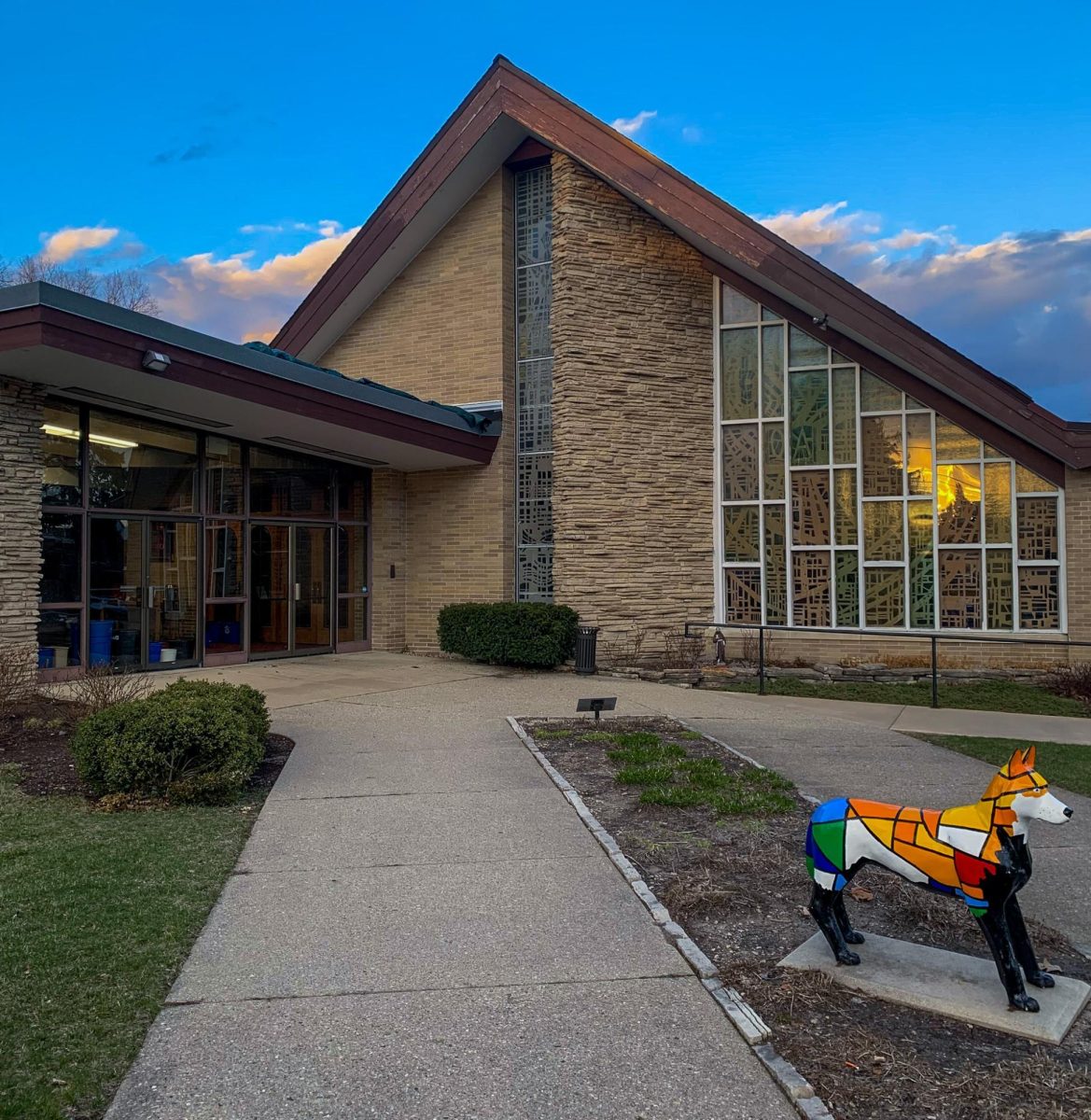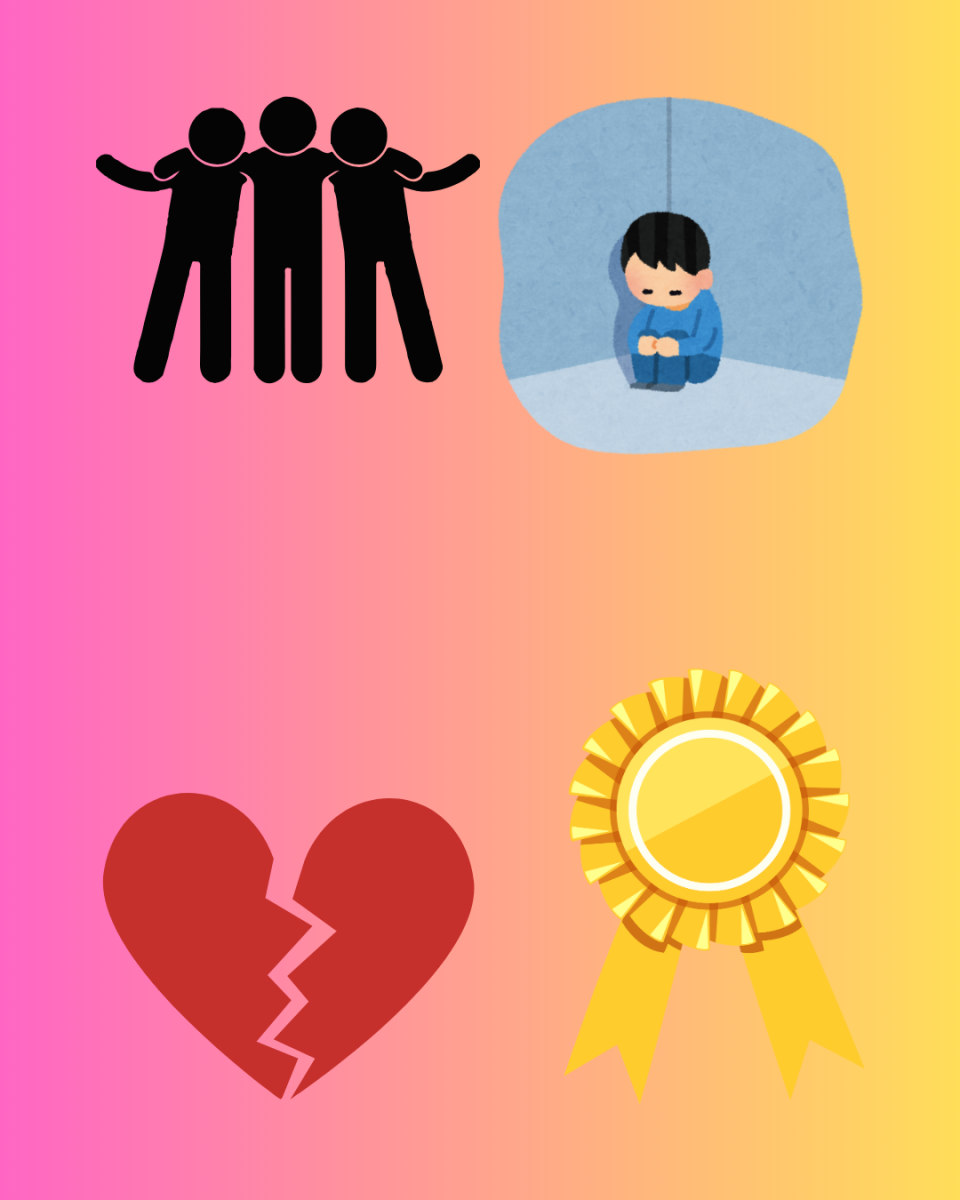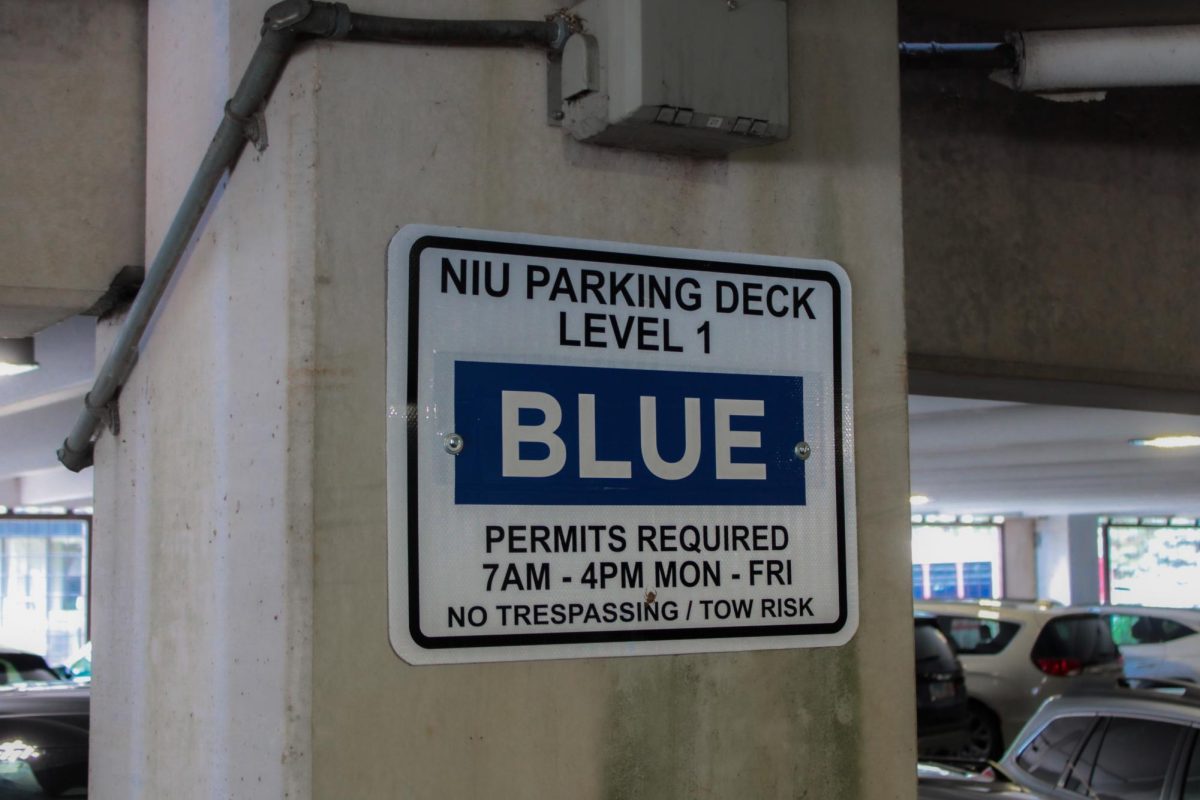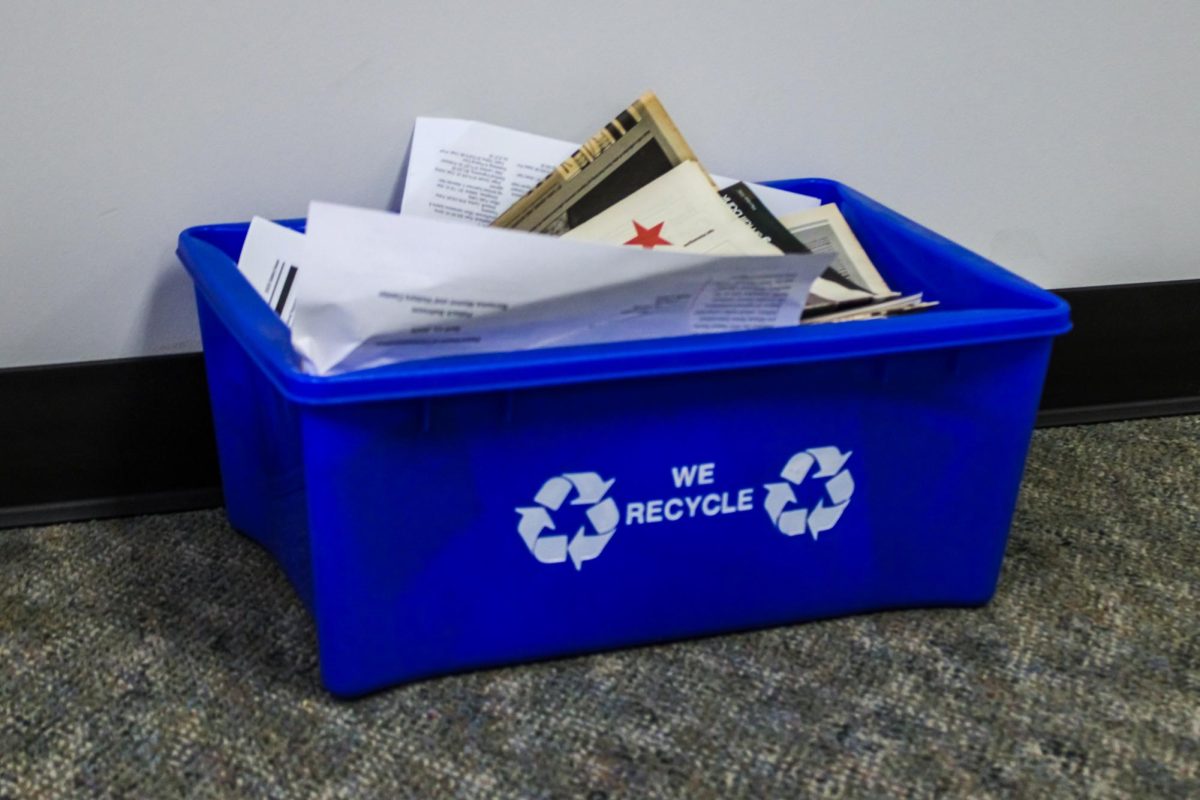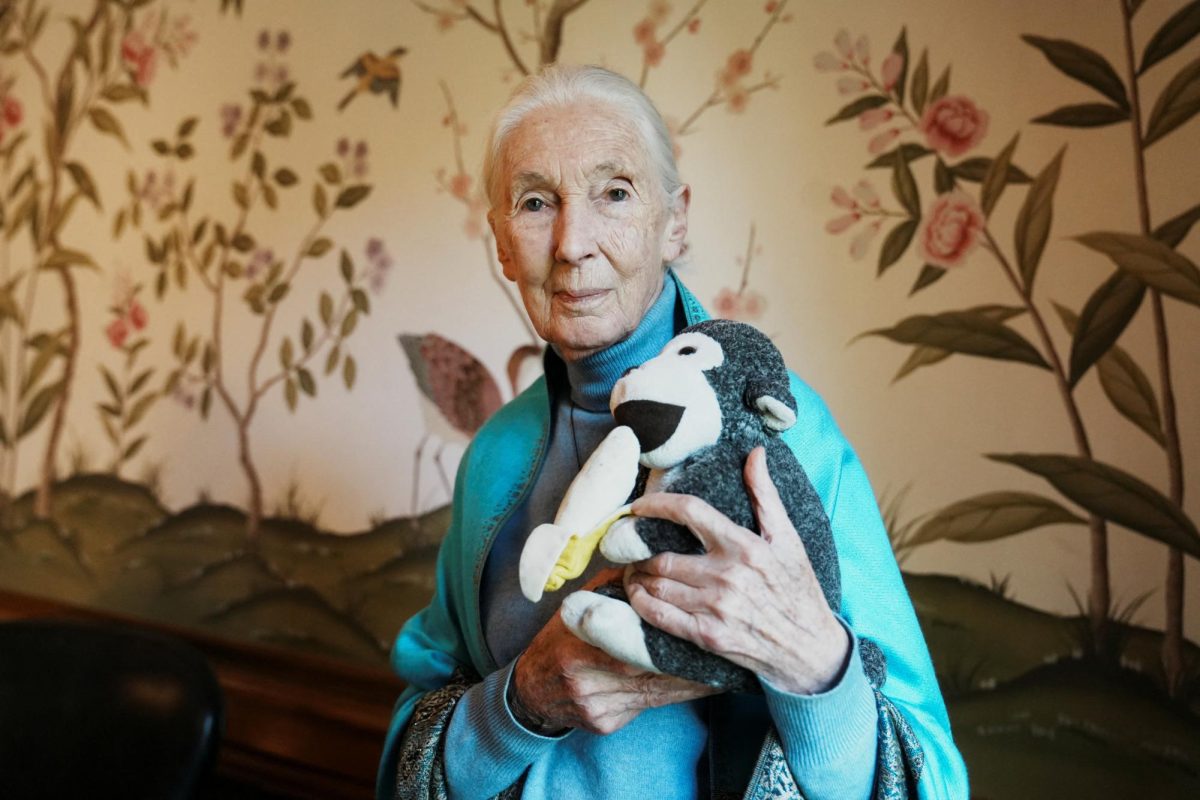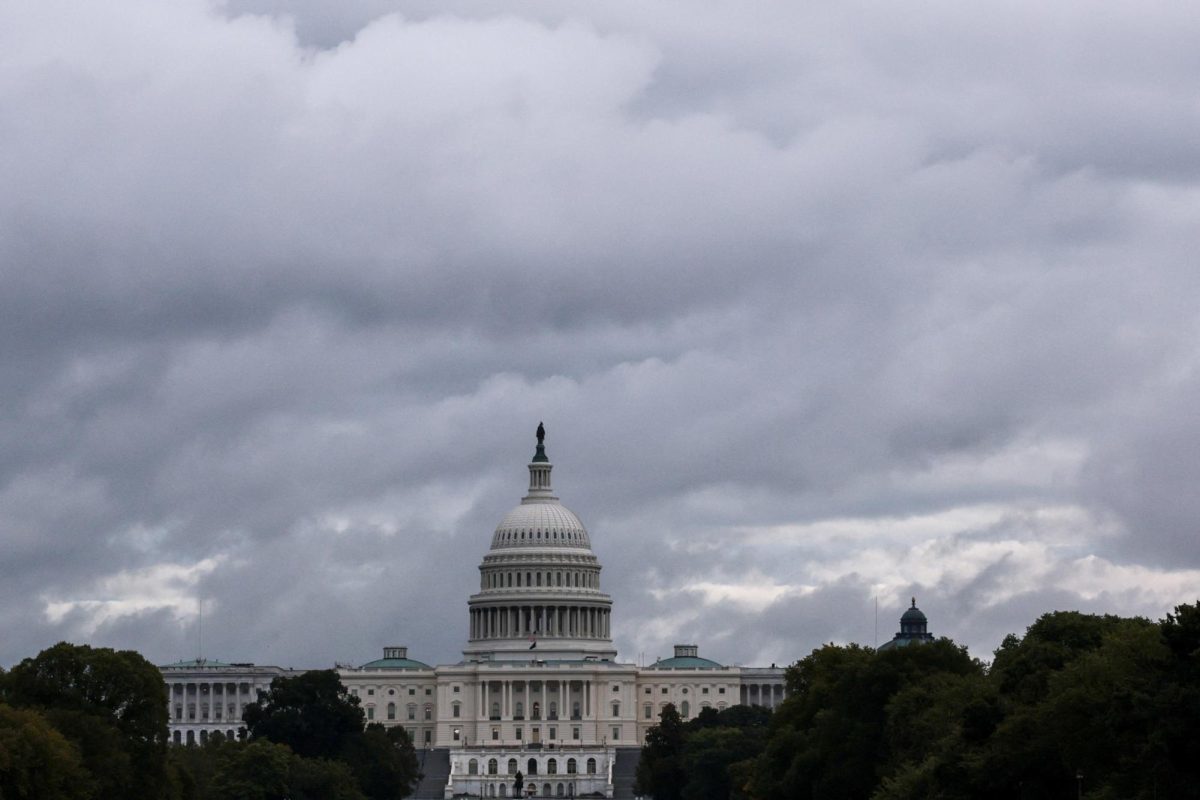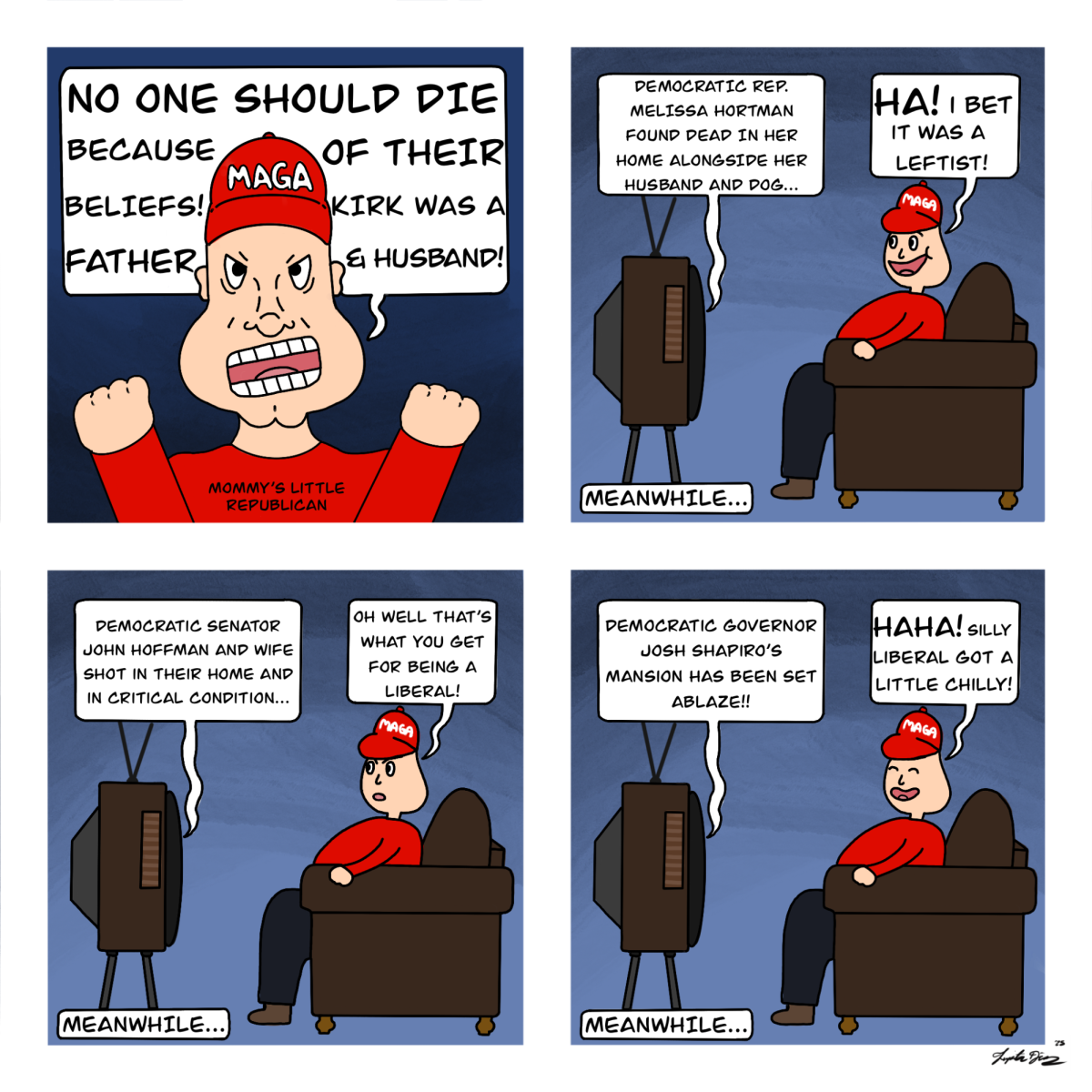United States Secretary of Health and Human Services Robert F. Kennedy Jr. has created drastic change to how critical health information is portrayed to the public. Push through the fog, and don’t forget to get vaccinated this month.
In June, Kennedy made the stunning observation that the American public suffers from widespread mistrust of vaccines and healthcare professionals. The statement he released undermined his own role in spreading misinformation about vaccines.
“Some would try to explain this away by blaming misinformation or antiscience attitudes,” the statement reads. “To do so, however, ignores a history of conflicts of interest, persecution of dissidents, a lack of curiosity and skewed science that has plagued the vaccine regulatory apparatus for decades.”
During his 2024 presidential campaign, Kennedy was a repeated source of misinformation about vaccines. Even long before his presidential campaign, Kennedy’s false claims that vaccines cause autism are what first made him infamous among health professionals and scientists.
As secretary, however, Kennedy blamed the Advisory Committee on Immunization Practices (ACIP) for causing public distrust with non-transparent policies, even while the committee’s practices and meetings have long been available online to the public. This allowed Kennedy to remove 17 members of the ACIP in June and instate new members in September, many of whom have a history of promoting anti-vaccination stances.
With authority over the Centers for Disease Control and Prevention (CDC), Kennedy’s ever-fluctuating views of multiple immunizations have made understanding which annual vaccines the public should get much more confusing than it should be.
In September, the CDC quietly returned the recommendation for pregnant people to get COVID-19 vaccinations which Kennedy removed in May. Because yes, getting vaccines during pregnancy has been scientifically confirmed as critical for protecting infants. Withholding that truth is dangerous.
For children six months to 17 years old, the COVID-19 vaccine is still endorsed but no longer explicitly recommended by the CDC. This seemingly small change could have huge, negative impacts.
Recommending the COVID-19 immunization as a “shared clinical decision-making” vaccine instead of a “routine vaccine” means families aren’t encouraged to seek out COVID-19 vaccines for their children before discussing the vaccine with a medical provider.
An urgent recommendation to get your child vaccinated is very different from a simple recommendation to think about it. Young children are especially susceptible to severe COVID-19 infections and should get the immunization, according to multiple healthcare organizations, including the American Academy of Pediatrics (AAP) and the American Academy of Family Physicians (AAFP).
Kennedy has also spread fear of thimerosal – an organic compound used in drug products for decades. Yet, thimerosal-containing vaccines have repeatedly been declared safe by the FDA, and patients may always request information about their vaccines from healthcare providers.
As more than half of adult Americans don’t get their flu shot each year, even as thousands die from influenza annually, making up conclusions about influenza vaccinations without evidence or context is the among the least productive messages Kennedy could use his platform to broadcast.
Kennedy’s history of public statements against vaccines greatly concern Grace Sikapokoo, a professor of communications at NIU with research specialties in health and family communications.
“If you (communities) don’t vaccinate, what happens is a breakout can happen, and before we get antibodies to, you know, cure or help remedy the illness, it would have taken its course. And maybe we would have lost a lot of lives.” Sikapokoo said. “I prefer science that has been tested rather than going to a science area where we don’t have a lot of information.”
As the CDC struggles to keep up with Kennedy’s ever-fluctuating claims, healthcare organizations such as the AAP, the AAFP, the Association of American Medical Colleges and the American College of Obstetricians and Gynecologists can help combat confusion over which vaccines to get.
For children six months through 17-years-old COVID-19 and influenza routine vaccinations are strongly encouraged, and vaccinating in autumn is perfect timing to avoid getting sick during the contagious winter months. For adults, routine vaccinations are also strongly recommended.
Scientific communication, and especially healthcare communication, needs clear, transparent information free from sugar-coating and biased sources. Kennedy has claimed a desire for transparency, but managed to exacerbate both issues.
“The (public health) communication that we are trying to portray and get people to understand must be very clear and very simple,” Sikapokoo said. “It’s usually a behavior (like getting the flu vaccine), right? And so we want to show them how to demonstrate that behavior, in order to perform that behavior, make it accessible.”
While villanizing long-standing vaccinations without real scientific evidence, Kennedy has thrown out the sense of urgency that conversations about vaccines require.
NIU students can access influenza immunizations on campus at the Northwestern Health Services Building with student health insurance, and most other insurances.
CVS and Walgreens, located near campus along the Huskie Bus Route 17 also offer free vaccines for influenza and COVID-19 with most medical coverage.
Stick it to RFK with a quick, stick in the arm, and protect yourself this sick season.





